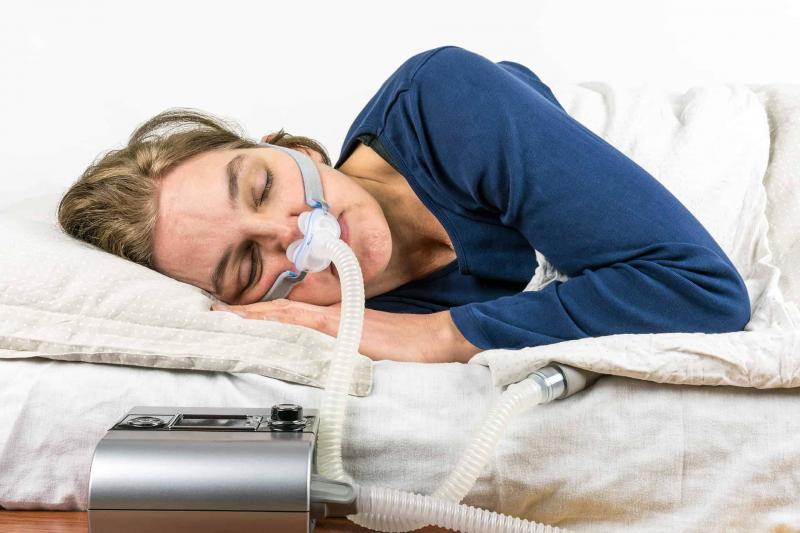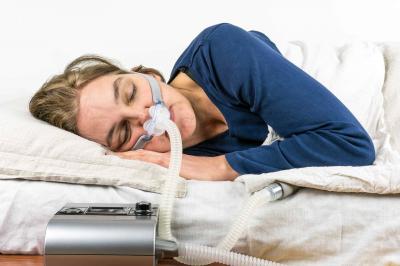It has been found that the commonly used weight loss treatment Zepbound may also assist individuals suffering from sleep apnea, as trials have shown, prompting further exploration into the uses of this popular treatment. What is sleep apnea? It is a disorder that leads to rapid cessation of breath during sleep, occurring multiple times within an hour. This condition can prevent individuals from achieving complete rest, as the brain awakens their senses immediately when it feels a lack of breathing. Additionally, sleep apnea can lead to more serious health issues such as coronary heart disease, heart failure, and strokes, making those who suffer from it more susceptible to such problems. According to estimates from the World Health Organization, approximately 100 million people worldwide are affected by sleep apnea.
While individuals are considered more likely to develop sleep apnea with advancing age, the risk can increase with overweight or obesity, particularly since fat accumulation around the upper airways can lead to blockages that disrupt normal breathing. Studies have shown that weight reduction can improve sleep apnea conditions.
The U.S. Food and Drug Administration has approved the use of the weight loss treatment Zepbound for several months, which contains a component that helps in treating type 2 diabetes. Currently, some doctors are prescribing it to address sleep apnea. The manufacturer of the drug has demonstrated results from preliminary trials indicating that individuals suffering from obesity and sleep apnea can be treated with the same medication, showing improvements compared to those who did not receive the treatment. The trials included more than 400 participants.
A study also focused on individuals unable or unwilling to use the pump typically used to aid breathing during sleep, as some find it difficult to sleep while using it. It was found that those who resorted to the treatment experienced less severe sleep apnea compared to untreated individuals. Moreover, those who received the treatment achieved an average weight loss of 18 percent at the beginning of the trials. After one year of treatment, incidents related to sleep apnea decreased by an average of 27.4 occurrences per hour. The use of the treatment also helps reduce levels of visceral fat, which is the most dangerous type of fat. However, the exact reason behind the treatment's effect on sleep apnea remains unknown, even though this effect is evident in those suffering from the condition.




